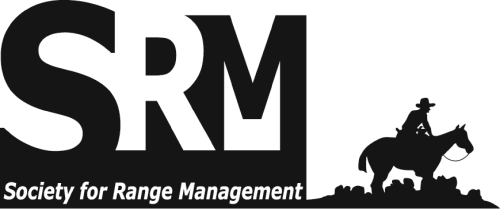Studies linking animal genetics to performance on pasture require an understanding of livestock behaviour, which can be complex under open-range conditions. Here we describe a novel approach to linking the use of GPS collars and leg mounted pedometers in an attempt to determine if there are relationships between free-ranging cattle habitat selection and use and associated molecular breeding values for residual feed intake (RFI), an important measure of cattle feed efficiency. Relationships between these cattle and their activity budgets will also be studied. This work was conducted at the University of Alberta Mattheis Research Ranch, just north of Brooks, Alberta in the Mixedgrass Prairie. An identified subset of commercial cows with distinctly divergent (high and low) molecular breeding values for residual feed intake were fitted with Lotek 3300LR GPS collars and AfiAct II pedometers to track their movements while rotationally grazing a series of large pastures for five months. Behavioural data for each animal and treatment group will eventually be used to develop resource selection functions (RSFs) for beef cattle with divergent RFI scores. Methods of data collection throughout the summer and a review of the efficacy of the AfiAct II pedometers and Lotek collars will be discussed in the poster.

Oral presentation and poster titles, abstracts, and authors from the Society for Range Management (SRM) Annual Meetings and Tradeshows, from 2013 forward.